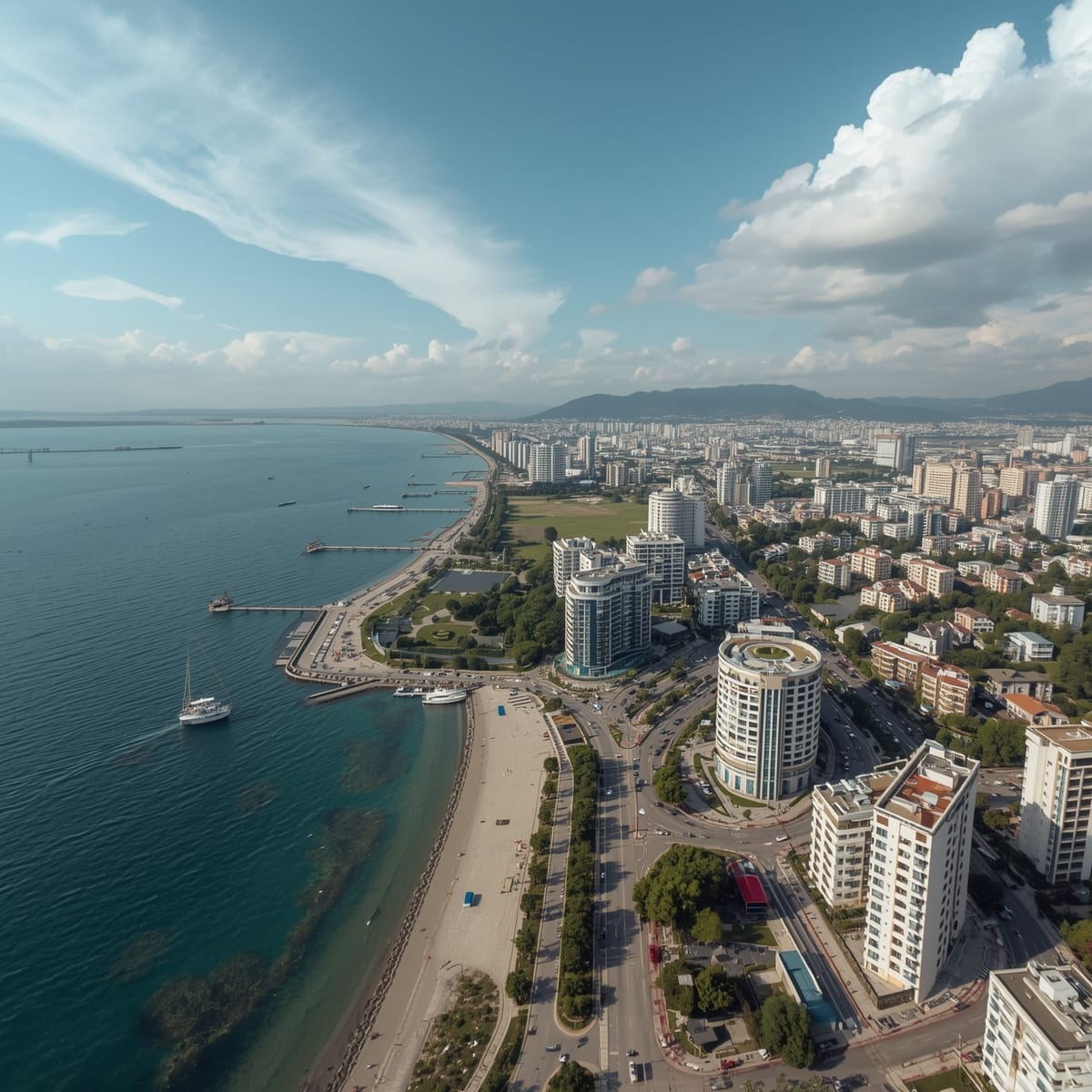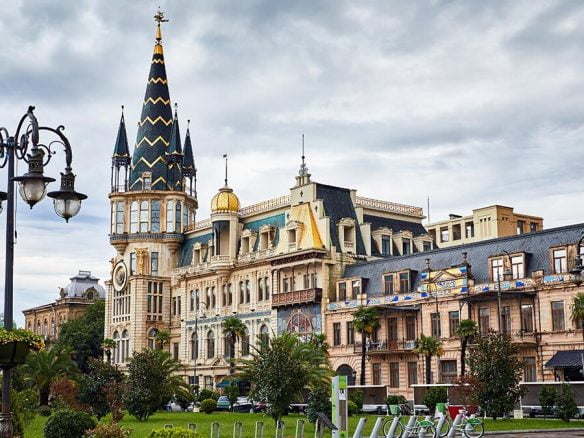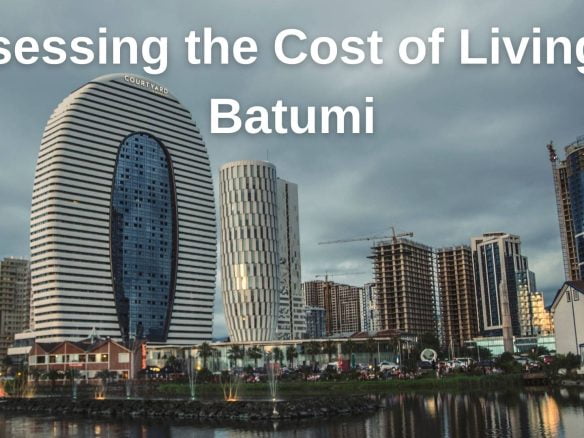Batumi’s real estate market is undergoing a transformation in 2025, driven in large part by foreign investment. With favorable ownership laws, robust tourism growth, and attractive rental yields, Batumi is becoming one of the leading destinations in the Black Sea region for international property buyers. In this article, we explore how foreign investment is reshaping the market — who is buying, where, at what prices, and what this means for both investors and local dynamics.
Foreign Buyer Profiles & National Trends
Foreign buyers continue to play an outsized role in Batumi. According to recent data, over 80% of real estate transactions in Batumi in 2024 involved international buyers. Top nationalities include Israelis, citizens from EU countries, Middle Eastern investors, and post-Soviet states.
These investors tend to have specific preferences: smaller units (studios, one-bedrooms) for short-term rentals or “apart-hotel” offerings; locations with strong tourist pull (seafront, Gonio-Kvariati, Old Town), or developments with branded services or good management.
Price Trends & Market Segments
In 2025, Batumi saw strong growth especially in newly built (primary) properties. For example:
- The average price of new builds in early 2025 rose to around USD 1,130/sq.m in Batumi.
- Old/resale apartments are catching up, with prices not far behind, indicating narrowing price differences between new and old stock.
- Districts seeing fastest premium growth include Old Town, Gonio-Kvariati, and New Boulevard. Gonio in particular has become a hotspot, with high annual growth (up to ~45% in some reports).
Rental Yields & ROI Potential
Foreign investment isn’t just about capital appreciation — rental yield remains a big part of the attraction.
- Current average annual yields are around 8.5-9% in core, tourist-friendly areas, for small apartments or serviced-rentals.
- Short-term rentals (Airbnb, Booking.com) and apart-hotels are popular among foreigners both for flexibility and higher seasonal returns, though they come with management overhead.
Legal, Tax & Regulatory FrameworkSeveral factors make Batumi particularly appealing for non-Georgian buyers
- Foreign ownership of urban real estate is permitted with relatively few restrictions.
- Low property tax rates, favorable registration and ownership rules reduce friction and uncertainty.
- Residency incentives: Properties above certain thresholds often qualify buyers for residency permits. This is attractive for investors wanting both asset and lifestyle potential.
Infrastructure, Development & New Projects
Foreign investment is also shaping what’s being built:
- Large branded residential and resort-style projects are under way, especially in Gonio and Kvariati, often developed or backed by international brands or developers.
- Mega projects such as Gonio Marina are positioning Batumi as more than just a tourist city: for many investors, it represents a resort lifestyle with supporting commercial infrastructure.
- Improvements in transportation, public amenities, coastal renovation, and public space are boosting the desirability of certain districts.
Risks & Challenges
No market is without its risks. For Batumi:
- Oversupply risk: Some areas may have more new apartments than the year-round demand supports, especially outside peak seasons.
- Seasonality: Much of the rental income is seasonal; off-season vacancy can reduce effective returns.
- Political and regulatory risks: Changes in foreign law, geopolitical tensions, or changes in ownership/residency policy could affect investor confidence.
- Cost escalation and affordability: As prices go up, this may squeeze local buyers and change the kinds of projects developers build.
Outlook for Remainder of 2025 & Beyond
Looking forward:
- We expect steady growth, though perhaps more modest than the boom periods — because high yields and foreign demand still support strong fundamentals.
- Key areas likely to see continued growth: Gonio-Kvariati, Old Town, New Boulevard.
- Foreign buyer mix might shift more toward mid-luxury and branded/resort-style properties rather than bare units.
- Watch for any regulatory changes, especially around residency-by-investment, tax, or foreign ownership law.
Conclusion
Foreign investment is no longer a peripheral force in Batumi’s real estate market — in 2025, it’s central. From driving up prices (especially in premium coastal and resort districts), shaping the kinds of properties in demand, influencing developer behavior (branded residences, serviced apartments etc.), to boosting rental yield expectations, foreign buyers are helping redefine what Batumi property looks like and how it’s valued.
For investors considering Batumi now, the opportunity remains strong — but success depends on choosing the right location, understanding seasonality and management needs, and being alert to legal/regulatory dynamics.



